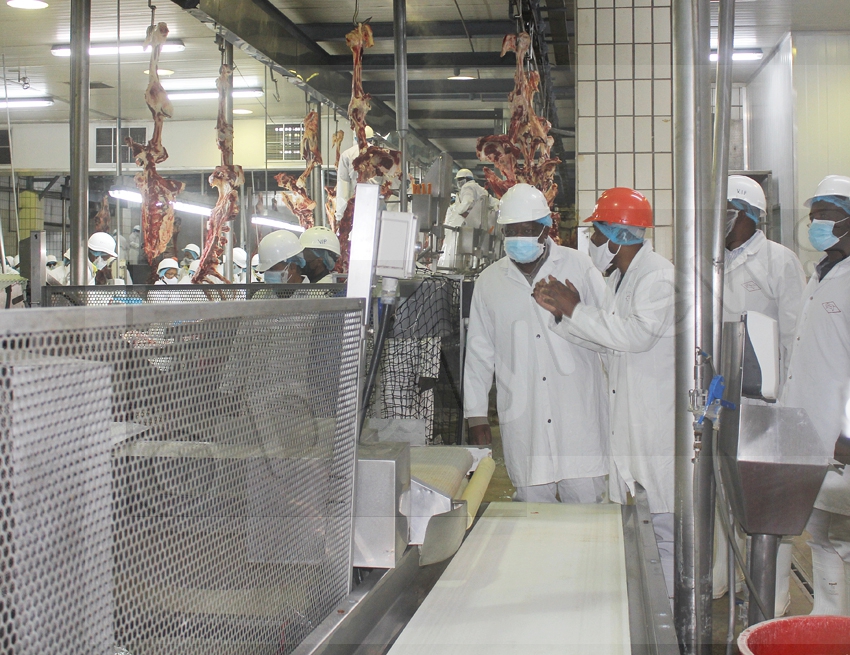Beef industry liberalisation key to reviving sector
21 Nov 2021
The liberalisation of the beef industry from Botswana Meat Commission monopoly is a key component in reviving the sector to generate export earnings and provide a vibrant economic base for the country.
Lobatse MP, Dr Thapelo Matsheko in his debate of the State-of-the-Nation address commended government for liberalising the beef industry and licensing three privately owned abattoirs for exportation.
The move, he said, marked the beginning of an important process in the transformation of the beef and cattle sector.
He said it would benefit farmers and the country’s economy.
Dr Matsheka also said it was pleasing that government had agreed to farmers’ requests to allow for more players in the beef sector.
He said the liberalisation of the industry would open the market to accommodate other competitors and that it would increase growth, which would translate into more job opportunities.
“The liberalisation of the beef sector will modernise and create a vibrant beef industry in Botswana which will benefit both the farmers through competitive market prices and the country’s economy through employment creation,” he said.
Contrary to the view that the liberalisation of the beef industry would have a negative impact on BMC, Dr Matsheka said, it would motivate BMC to up its game and stay relevant to the market demands thus creating efficiency.
He also said it was pleasing that the exportation of live cattle was extended for two more years.
He said the construction of the Milk Africa project was long overdue as it had been on the cards for the past four years without any progress.
Dr Matsheka, however, cautioned that the Milk Africa project should not be viewed as the solution to the high milk importation, saying there was a need for a holistic approach towards commercialising milk production.
He urged farmers to position themselves to benefit from the Milk Africa value chain either through breeding dairy cattle or supplying milk to the facility for processing into other milk by-products.
“Lobatse and Good Hope/Mabule areas are known as the potential milk belt, therefore, I am optimistic that the project will be highly viable once in full operation,” he said.
Dr Matsheka, who is also the Minister of Infrastructure and Housing Development, applauded the upgrading of the Pioneer Border Gate into a one stop service centre.
The upgrading, he said, was in accordance with some SACU and SADC requirements to ease the flow of goods within the Trans-Kgalagadi corridor.
Dr Matsheka also urged government to diversify the tourism industry from wetlands and safari to heritage tourism which Lobatse was endowed with.
Heritage and cultural tourism, he said, were the fastest emerging tourism segments internationally, urging government to diversify the tourism industry.
He said government should consider earmarking Lobatse for the promotion of heritage tourism in Botswana.
Dr Matsheka highlighted that Lobatse had much to offer and contribute to the tourism industry due to its natural landscape and heritage sites as the town hosted African liberation icons such as Samora Machel and Nelson Mandela. Ends
Source : BOPA
Author : Thato Mosinyi
Location : Gaborone
Event : Parliament
Date : 21 Nov 2021



